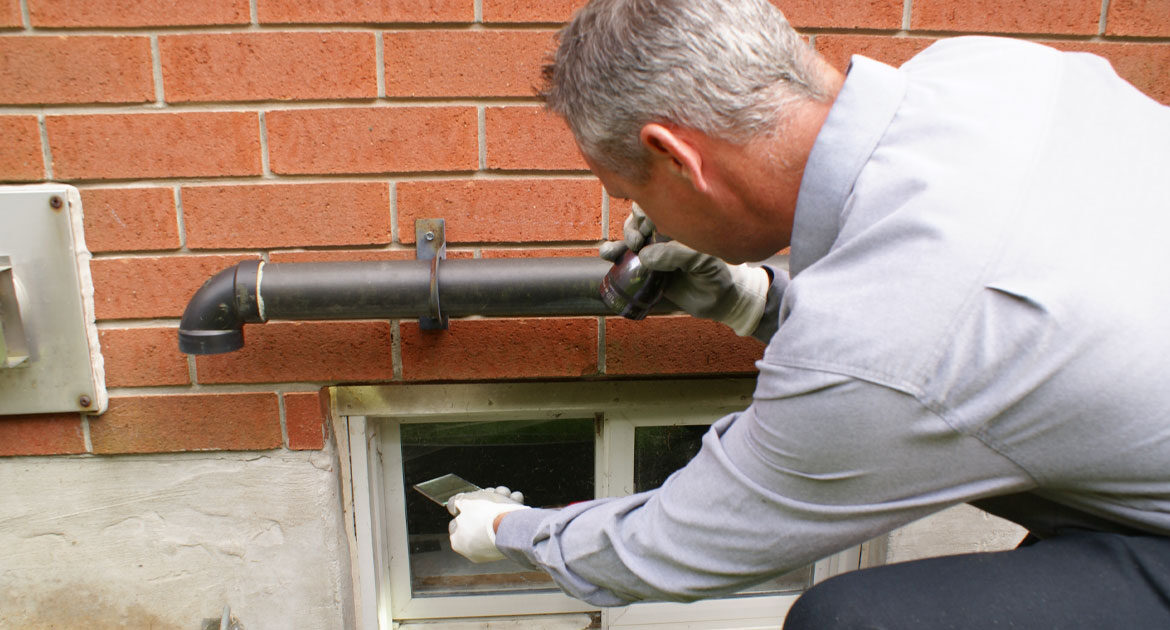Mice are an important part of the ecosystem because they serve as food for larger predators. Their droppings also fertilize crops, so while you may not want mice inside your home, having them in the wild is important. Unfortunately, rodents often move into homes because they find an easy source of food and shelter. If you want to keep mice out of your home, use these four tips when performing your spring cleaning routine.
1. Clean Your Kitchen
Mice are scavengers, and if they find an easy source of food, they are unlikely to leave the area willingly. Your kitchen provides ample opportunities for rodents to eat. They feast on crumbs that aren’t cleaned up in a timely manner, and they also break into food containers that aren’t properly sealed.
As part of your spring cleaning routine, make sure you deep clean your kitchen. Make it a habit to clean up crumbs immediately after accidental spills, and keep airtight containers in your pantry to store foods instead of using open boxes. If you can keep mice from accessing your food supply, the rodents are less likely to take up residence.
2. Refresh Your Attic
Mice prefer to avoid interactions with humans, so they tend to inhabit spaces in your home that are not frequently used. Attics make prime environments for rodents. If you take the time to organize your attic and get rid of unnecessary items, you can greatly reduce the risk of mice living there. Throw out unused items that hold no sentimental value and make sure all other boxes are properly sealed up. It’s better to use sturdy tubs for storage rather than cardboard boxes because rodents can easily chew through the latter option.
3. Declutter
Not only do cluttered homes look untidy and unkept, but they give mice plenty of places to build nests. By reducing the amount of clutter in your house, you can eliminate many potential nesting sites to deter mice. However, you must also reduce the amount of nesting materials in your home. Mice are notorious for using any material they can find to build nests, so they will use carpet fibres, bits of paper, pieces of insulation and bits of string along with any other materials they can find. By throwing out unnecessary materials, you can make your house look neat and organized while making it harder for mice to build nests.
4. Maintain Your Home
Mice most often enter homes through small cracks in the exterior. Although mice look larger, they can fit through holes as small as the size of a quarter in diameter, so it is important to patch up any holes and cracks you see in the exterior of your home. Examining your house’s exterior regularly can help you identify weak areas and potential points of entry so you can board them up before rodents find them. Cleaning your gutters regularly and repairing other types of damage around your house can also make your home a less hospitable environment for rodents.
Call for Help When Needed
Keeping your home neat and tidy is a good way to deter mice, but sometimes they take up residence in your home despite your best efforts to prevent them. Mice multiply quickly, so if you don’t take immediate action, your home could be overrun with rodents within a few months. It’s hard to know if you see one mouse how many you have, so contacting an expert for wildlife control services in Niagara is the course of action. Contact Skedaddle Humane Wildlife today to find out how many mice are in my house and establish a plan to get rid of them.




